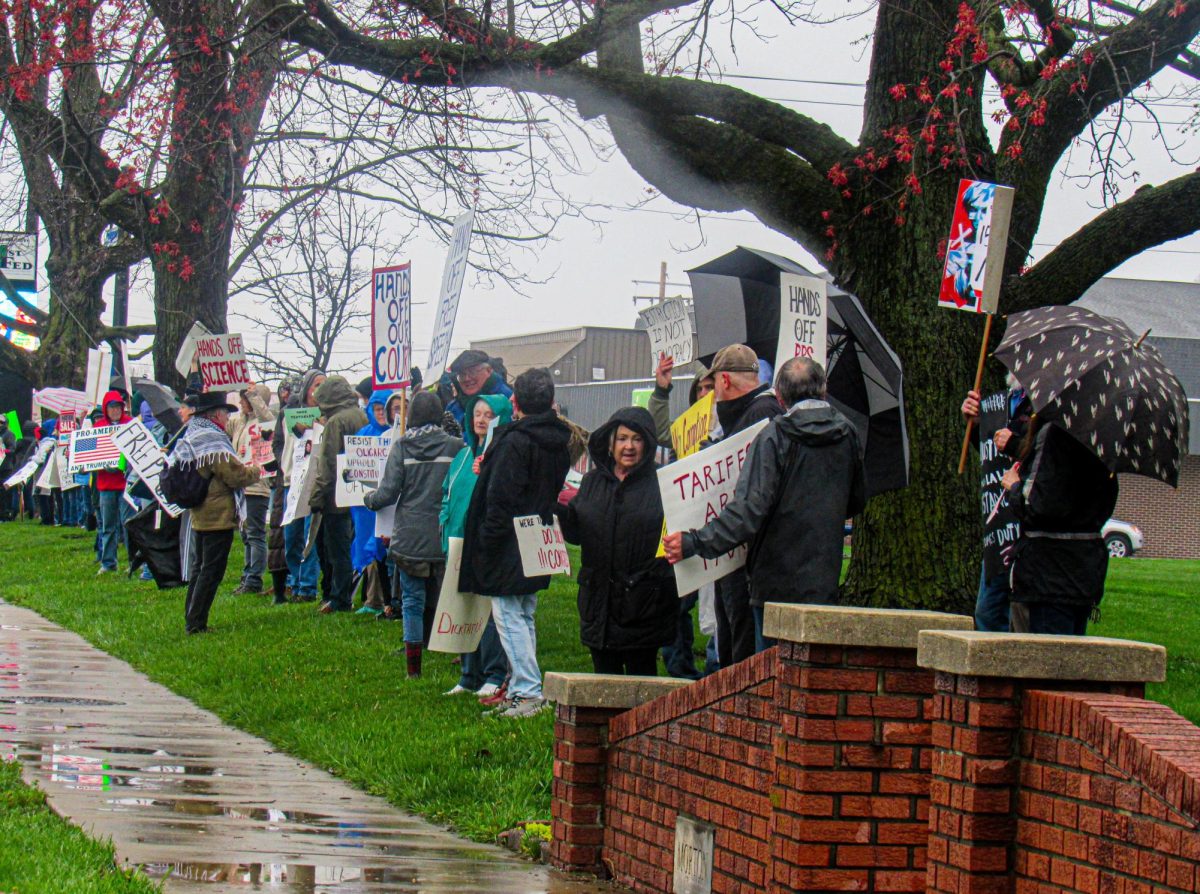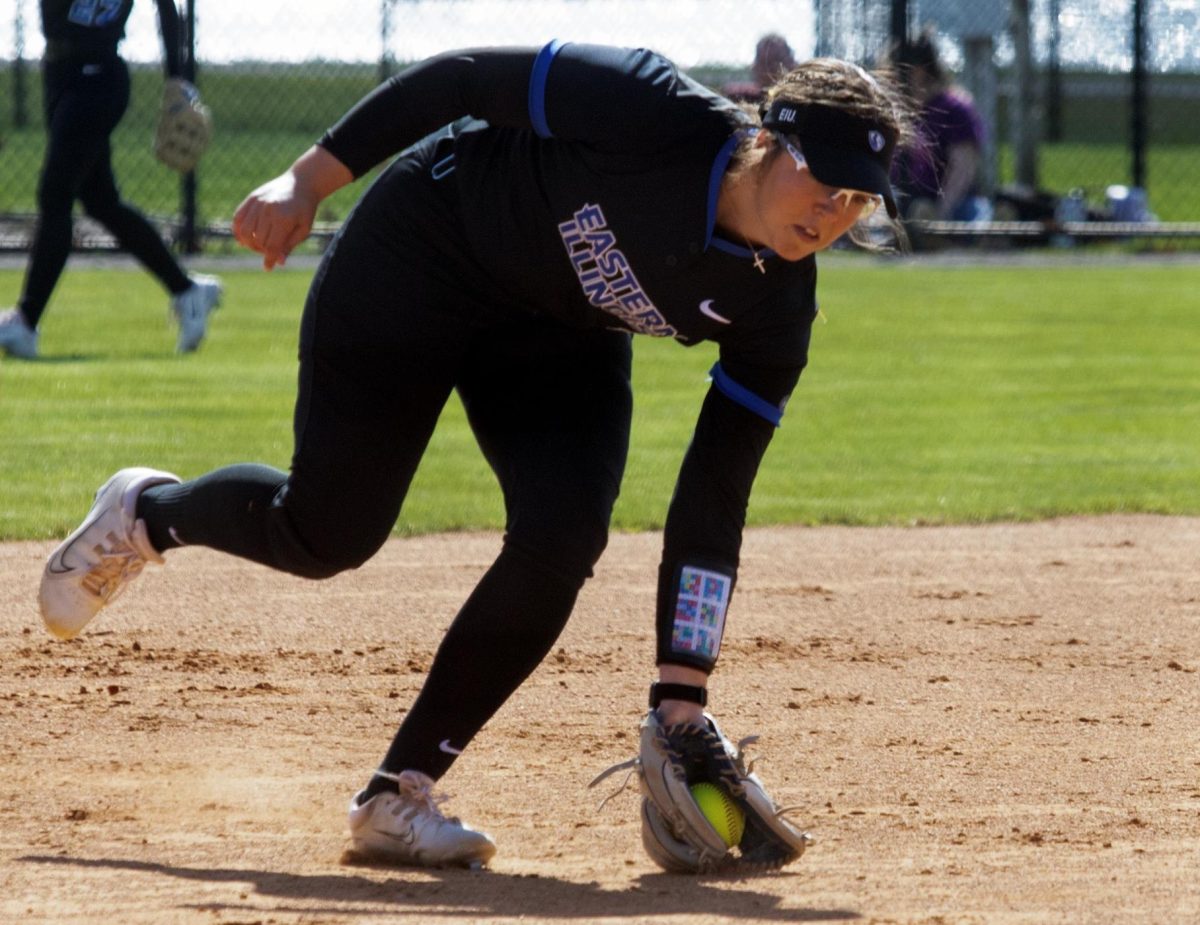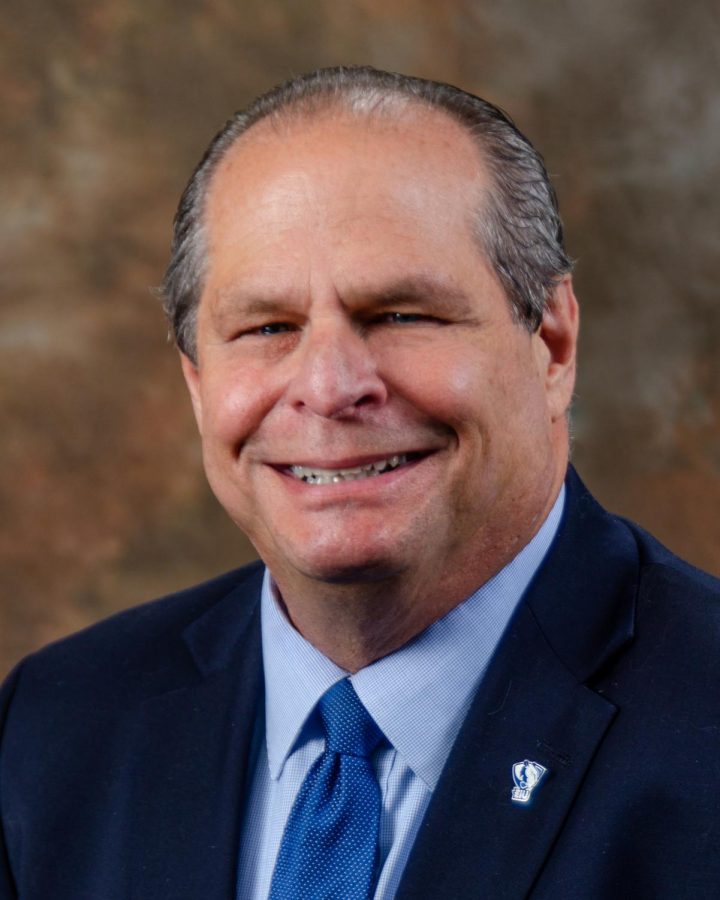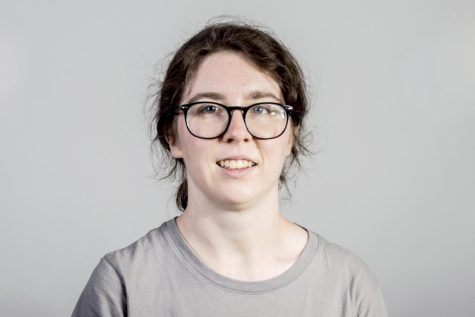President Glassman shares his experiences as a forensic anthropologist
November 10, 2021
University President David Glassman discussed his career as a forensic anthropologist during Sociology-Anthropology Club’s bi-monthly meeting Wednesday afternoon.
During his presentation, Glassman mentioned how many people may think that forensic anthropology is like CSI or any of its spin-offs, even though it is more complicated.
According to the Smithsonian Museum of Natural History, “Forensic anthropology is a special sub-field of physical anthropology, the study of human remains, that involves applying skeletal analysis and techniques in archaeology to solving criminal cases.”
Izzy Hernandez, a senior sociology major, is the president of Sociology-Anthropology club. She said that in order for Glassman to speak at the meeting, the club’s advisor reached out to him, even though he is part of their faculty as well.
“President Glassman is one of our faculty in the Sociology Anthropology Department, so he’s definitely done talks before. Dr. Angela Glaros is our advisor, so she reached out to him and his secretary and asked if he was available and when,” Hernandez said. “We set this up because he likes talking about it and has definitely talked about it before.”
During the presentation, Glassman discussed the history of the field and how it started, which was during one of the world wars. Anthropologists like Glassman, are considered “second generation” forensic anthropologists, meaning that his professors during his tertiary education were the leaders in the field.
Even though Hernandez is not an anthropology major, she still found the presentation interesting.
“I thought it was really interesting,” Hernandez said. “I’m not an anthropology major or anything, but I think anthropology is so interesting, especially like this. And it was also interesting to hear about Dr. Glassman’s career before EIU and all the stuff that he’s done.”
During the presentation, Glassman told attendees about various cases he worked on during his career prior to working in education. He told attendees that he teaches a course on forensic anthropology every other year but could not last year due to the COVID-19 pandemic.
Glassman discussed how a forensic anthropologist gets these cases, stating that first, police are called to the scene, who then call forensic anthropologists to the scene to get a better look.
Hernandez was amazed at “just the amount of cases that he’s done and the differences in them, as well as how in depth, how educated and practice you have to have identifying bodies like that.”
While not every attendee was studying sociology or anthropology in depth, Hernandez still thinks that learning about forensic anthropology is important, even if students are not majoring or minoring in either of these subjects.
“I think it’s just an interesting topic, especially if you’re talking like interdisciplinary and exploring different fields,” Hernandez said. “So it makes sense you have to learn all of these different things about bones and anatomy. And so if there’s that overlap there, you also have how different disciplines interact so you learn what anthropology is, how it connects to other things, because you obviously have criminology in that and the connections to other fields.”
Katja Benz can be reached at 581-2812 or kkbenz@eiu.edu.














![[Thumbnail Edition] Charleston High School sophomore Railyn Cox pitches the ball during Charleston's 8-7 win over Flora High School on Monday, March 31.](https://www.dailyeasternnews.com/wp-content/uploads/2025/04/SBHS_01_O-1-e1743982413843-1200x1023.jpg)


![[Thumbnail Edition] Senior Foward Macy McGlone, getsw the ball and gets the point during the first half of the game aginst Western Illinois University,, Eastern Illinois University Lost to Western Illinois University Thursday March 6 20205, 78-75 EIU lost making it the end of their season](https://www.dailyeasternnews.com/wp-content/uploads/2025/03/WBB_OVC_03_O-1-e1743361637111-1200x614.jpg)












![[THUMBNAIL EDITION] (From left to right) Head football coach Chris Wilkerson works with his son student assistant coach Peyton Wilkerson at football practice at O'Brien Field on the Eastern Illinois University campus on Thursday.](https://www.dailyeasternnews.com/wp-content/uploads/2025/04/FB_25_O-1-e1744234837107-1200x596.jpg)

























![The Weeklings lead guitarist John Merjave [Left] and guitarist Bob Burger [Right] perform "I Am the Walrus" at The Weeklings Beatles Bash concert in the Dvorak Concert Hall on Saturday.](https://www.dailyeasternnews.com/wp-content/uploads/2025/03/WL_01_O-1200x900.jpg)
















